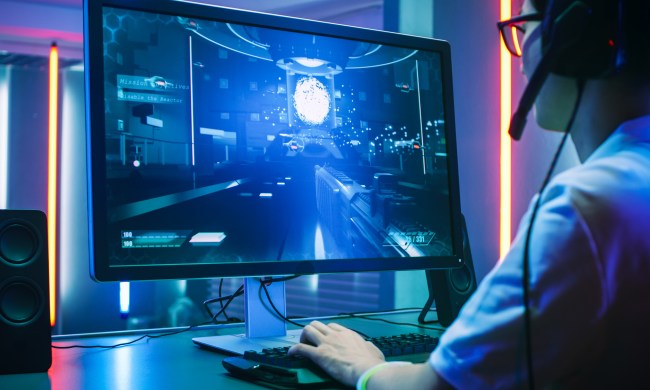
“In 2015, we explicitly advised against it [changing passwords],” British intelligence and security organization GCHQ’s Communications-Electronics Security Group (CESG) wrote recently. “This article explains why we made this (for many) unexpected recommendation, and why we think it’s the right way forward.”
So what’s the issue with constantly changing things up? According to the organization’s 16-page report, repeatedly resetting your codes “doesn’t take into account the inconvenience to users.” A secure password, CESG notes, should be both long and random, which makes them fundamentally difficult to remember. And while you can create and remember a few long and random strings, it’s hard to do this for dozens of passwords. “When forced to change [a password], the chances are that the new password will be similar to the old one,” security experts warn. “Attackers can exploit this weakness.”
CESG also notes that frequent change can be rather counterproductive — in order to remember new strings, users may end up writing them down or storing them in other unsafe ways. There’s also the stronger possibility of forgetting the new password and being locked out of an account, forcing users to find a new password yet again.
“It’s one of those counter-intuitive security scenarios; the more often users are forced to change passwords, the greater the overall vulnerability to attack,” CESG concludes. “What appeared to be a perfectly sensible, long-established piece of advice doesn’t, it turns out, stand up to a rigorous, whole-system analysis.”


